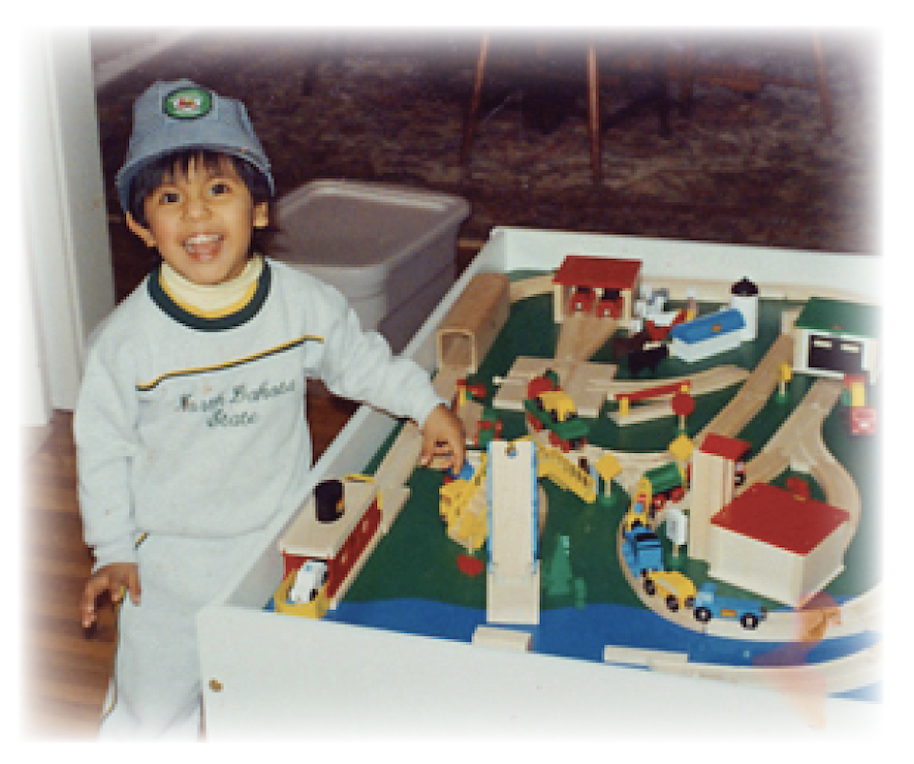 Michael at age 3
Michael at age 3
Every word, facial expression, gesture, or action on the part of a parent
gives the child some message about self-worth.
~ Virginia Satir
“Are you full yet?”
No response.
Time passes.
“Are you ready to go?”
“Nooooooo!”
More time passes.
“Please finish up. It’s time to go.”
The toddler adamantly shakes his head back and forth.
“Two more minutes. Okay?” Dad says.
Still more time passes. Perhaps another ten minutes.
Both the child and the table have become disaster zones. There are noodles in his hair, on his face and clothes. all over the table, on the bench, on the floor.
A box of handiwipes sits on the table – waiting.
This happy little boy is clearly having a wonderful eating experience. I imagine it might be his first time eating all by himself in public. I seriously doubt that he is still hungry. I’m guessing it’s more likely that he is lingering to prolong the fun.
His father had finished eating long, long ago. Yet he seems to have infinite patience with his son. He truly appears to have both an intuitive and a pragmatic understanding of the difference between time and timing.
The father continues to ask questions and make suggestions about it being time to leave. But he does not make a move nor does he force the timing. Rather, he waits until his son shows his readiness by putting up his hands to have them cleaned with the waiting handiwipes. Dad’s at the ready. The handiwipe meets the child’s hands, his head, and his shirt.
The two of them gather their things and are on their way. The dinner debris remains.
“Where are we going now, Daddy?”
Photo by Barbara
At home
Minneapolis, MN
